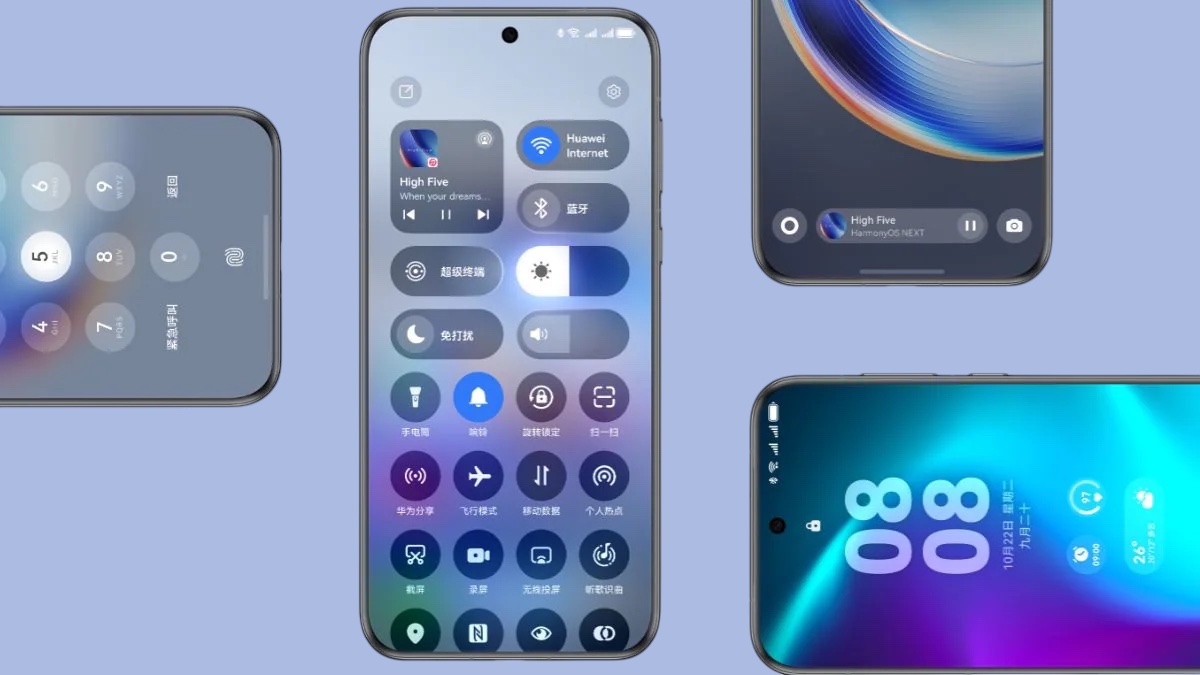In honor of Arab Heritage Month, Spotify took a spin through the varied and vibrant sounds of the Middle East and North Africa (MENA) with our music editors from the region.
No matter where you live, music has the power to transport you home. And for those living apart from their extended families and places of origin, that feeling of preserving the culture of their roots is vital.
MENA to the world
Riyad Sansoul, an editor for the Gulf and Levant regions, walked For the Recordthrough the major MENA playlists that combine music from the many countries across the area. “Hot Arabic Hits – Yalla يلا is a playlist that represents the musical pulse of the region, enabling fans everywhere to stay up to date with the hottest charting Arabic hits,” he said. “It covers music from across the countries in the region and is meant for both diaspora listeners and those in the MENA region.”
Riyad explained the many genre-specific playlists that exist for followers of Arab music, including Arab Hip-Hop, which covers the hip-hop scene from across the region and updates on a monthly basis with a new cover and refreshed tracklist. mint نعنع is the home for deejays from the region. Fresh Finds Arabia enables Spotify to spotlight up-and-coming independent artists and help them get their music exported globally, and our EQUAL Arabia program spotlights the women of Arabic music, giving them a platform where they can shine.
Riyad also recommends Arab X, which supports Arab artists who make music in any language that is not Arabic, such as English or French; Arab Love Songs, since Arabs love love; Arab Party Jams, which is your go-to if you need a 101 in what Arabs play at house parties and weddings; and Arabic Coffee, for when you just want to sit and take in the day—alone or with a friend—while sipping on your coffee.
A musicatour of the region, west to east
Each country and region within MENA also has its own distinct sound, and with it, playlists that exemplify the very best of what the region has to offer.
Hot Hits Maghreb keeps the diaspora audience of Morocco, Tunisia, and Algeria in mind as it celebrates the key culture and music moments that bring Maghreb together. “The world cup has had a profound impact on music consumption in the diaspora, especially since Morocco’s wins. This playlist enables artists to dig deeper into the Maghreb artists beyond the mainstays whom everyone knew before,” shared Maghreb editor Mehdi Zim.
The most popular playlists in Egypt include التوب, aka Hot Egyptian Hits, which has a mix of back catalog and new releases—whatever people are listening to right now. Melouk El Scene, which we held a massive campaign for last year, is purely for the Egyptian hip-hop genre and translates to “Rap Royalty.” “Egyptians love being chill, so I have our chill playlist روقان to accompany the mood,” shared Egypt editor Alaa Ismail. One other notable Egyptian genre, Mahragant, evolved from Shaabi music and incorporates various electronic music elements. Originating from the streets, the genre is known for its high-energy rhythmic beats and distinctive vocal performances. Find the top Mahragant songs on أقوى المهرجانات.
Spotify Levant editors cover music from Jordan, Lebanon, Palestine, and Syria. They recommend the playlist Fresh Sharqi to stay up to date, noting that it can be a go-to whenever you want to know what’s new from the Levant area. It updates weekly with new Levant releases and whatever is rising.
“Through Syrian music, I’ve been able to hold on to pieces of home,” noted Ameera Al-shaibani, a software engineer at Spotify and fellow leader of Arabs@. “Syrian artists beautifully weave stories about war, longing, and hope into their melodies. The sounds of Qanun and Ney invoke fond memories of lost summers spent with family on the jasmine-scented balcony of my grandmother’s home in Homs, Syria. Some of my favorite musicians include Maya Youssef, Sabah Fakhri, Lena Chamamyan, and TootArd.”
In the Gulf area (Saudi Arabia, UAE, and Oman), a particular genre has taken shape. شيلات (pronounced as “sheilat”) has evolved from being a performance of poetry to being one of the most popular genres in this part of the region. Its popularity is largely due to its powerful lyrics and heavy percussion that enrich two popular experiences among the youth of the Gulf: desert drifting and gaming.
“From the powerful rhythms of Arabic drums to the poeticism of the lyrics, there’s something immersive about Arabic music that pulls you into a feeling or memory,” noted Dina Zaher, a policy specialist and fellow Arabs@ lead. “Listening to it always brings me back to time spent with my grandparents in Egypt listening to classics like Umm Kulthum or Abdel Halim Hafez; it keeps my connection to my heritage grounded!”





